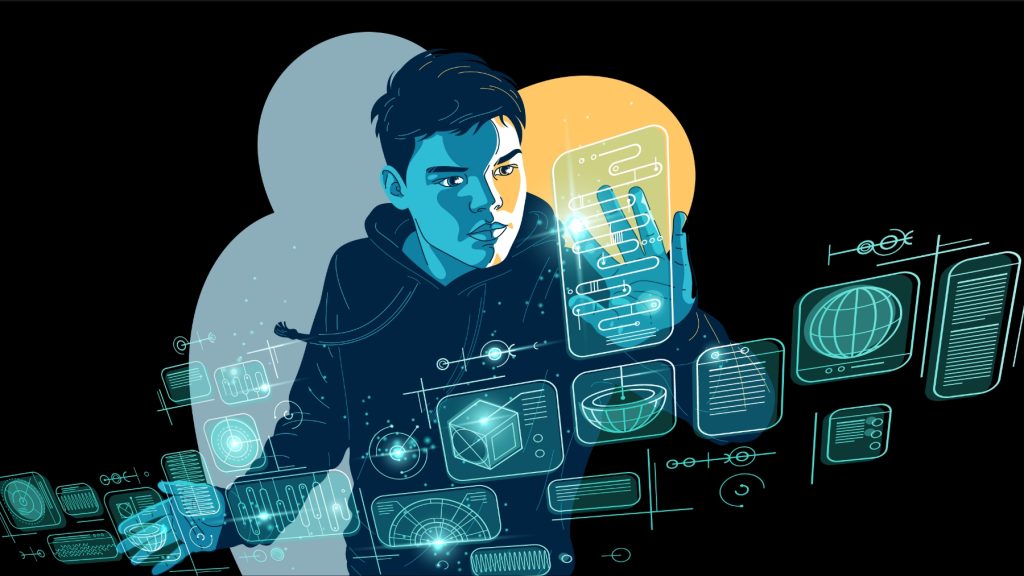
Associate professor at Massachusetts Institute of Technology (MIT), Justin Reich has studied the integration of AIs in schools for many years, leading him to believe that AI testing reflects a trend of gradual adoption of intelligent tools in education, rather than drastic changes.
Reich’s research on AI testing in high schools focuses on how technology, including AI policies in schools, shapes education incrementally, not revolutionarily.
“You can absolutely improve schools, and we improve schools all the time. It’s just a long, slow process, and everything is kind of incremental,” said the professor.
Yet, despite all that, we still hear an ongoing debate about whether AI should not be used in schools, as many argue that it undermines traditional learning approaches.
Utilizing Educational Technology. Not Revolutionizing It.
History is full of predictions that new technologies, like AI use in schools, would completely alter the way education works. Thomas Edison was quoted as saying that books would soon become obsolete as motion pictures would take their place.
As Reich points out, what this really teaches is not that technology revamps education but that it becomes part of an already established system, believing that AIs in schools can change all the time, but never solely due to technology.
“When teachers get new technology, they use it to do what they were already doing,” he says. Teachers need time and practice in using new tools in ways that lead to improved outcomes. Reich also notes that richer schools tend to be the early adopters of new educational technologies – meaning such innovations tend to benefit the wealthy first, much like business schools are going all in on AI to prepare future leaders.
AI in Schools: Yet Another Gradual Shift
In the last few years, artificial intelligence has been touted as the next big thing in education. However, based on his ongoing research with colleague Jesse Dukes, Reich is skeptical of the hype.
To date, one of the major use of AIs in schools has been students using it to complete homework assignments, to which Professor Reich notes is not beneficial for learning.
Perhaps, the most predictable response to this has been teachers increasingly turning to in-class writing tasks in attempts to counterbalance the impact of AI on student work.
“A lot of new things are probably helpful in some way, some place, so let’s find it,” he says. “But many of the biggest challenges facing schools today, from chronic absenteeism, can’t be solved by AI alone.”
While Reich does acknowledge the fundamental role of AIs in schools, he still sees it as just one part of a larger solution.
Inside Telecom provides you with an extensive list of content covering all aspects of the tech industry. Keep an eye on our Tech sections to stay informed and up-to-date with our daily articles.